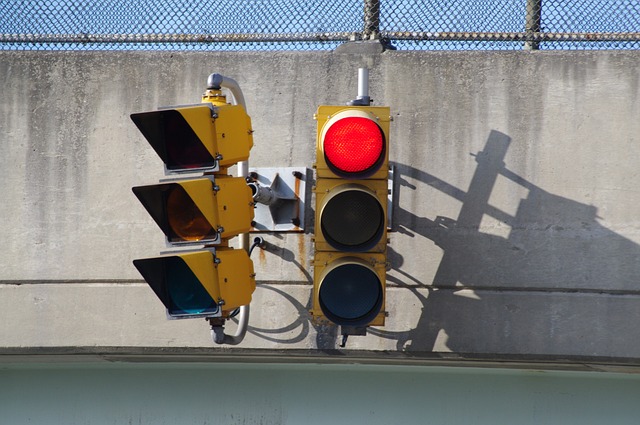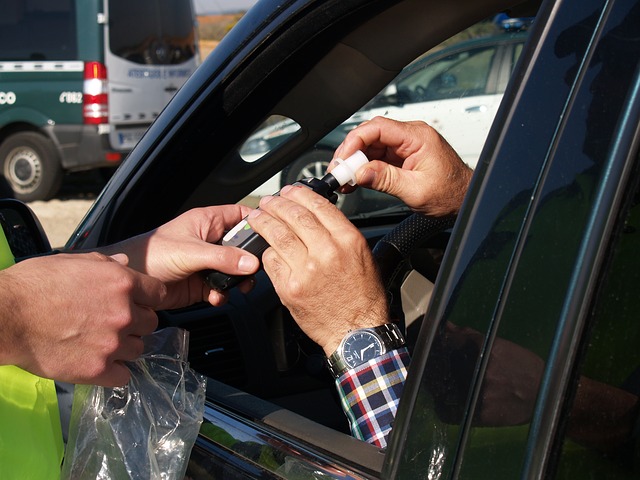
Cary and Raleigh DUI Lawyer Tips
At a DUI trial, the officer must prove he had “REASONABLE SUSPICION” to stop the..
McCoppin & Associates DUI/DWI Attorney
McCoppin & Associates DUI/DWI Attorney
Identifying the ideal legal strategy for you and your company. Reduce the price of your legal fees.

At a DUI trial, the officer must prove he had “REASONABLE SUSPICION” to stop the..

For DWI, there are two alcohol breath tests. Only perform the roadside breath test if..

For DWI, operating a motor vehicle on a public vehicular area while “APPRECIABLY IMPAIRED” means..